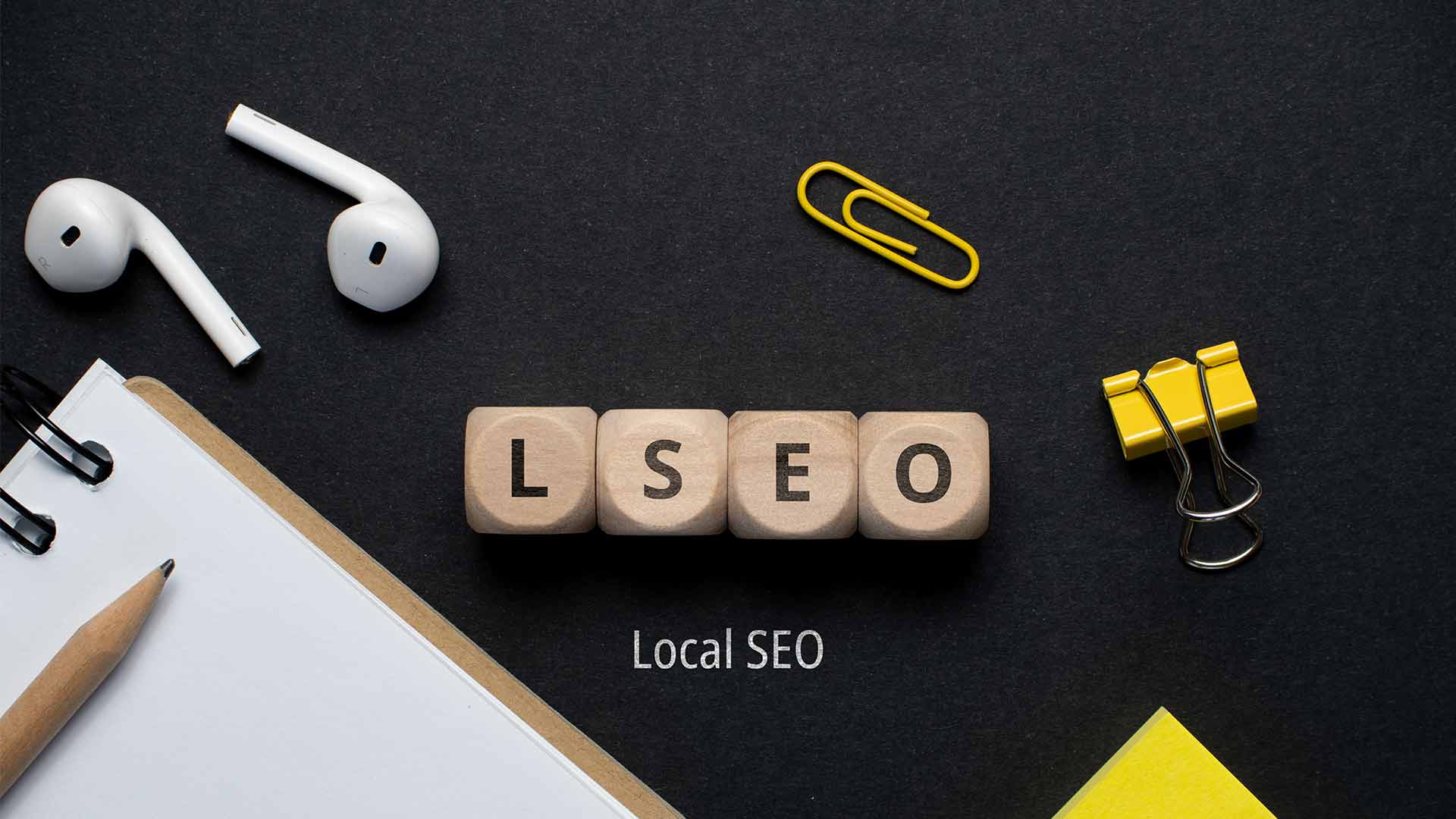Helen Schaufeld

Paid search marketing is accessible and delivers quick results, but more effective long-term strategies for local businesses and franchises are available. These businesses must strengthen their digital presence so nearby customers can find them online and help them flourish; local SEO is the key.
What is local search engine optimisation? Well, it’s straightforward. Local SEO is the process of optimising your online presence to increase local traffic and conversions. All businesses interacting with or serving customers in a specific region will benefit from local search optimisation.
Only 20% of adults get their news from traditional sources, such as print newspapers. Nowadays, more and more people are getting local business recommendations from the internet instead.
Local SEO is vital for small businesses, as nearly 50% of all Google searches are local. Consumers search for products and services like yours online to find the closest business. Your business is practically invisible to nearby searchers if you don’t appear in local search engine results. Fortunately, you can improve your local rankings with a strong SEO strategy.
In addition to Google’s usual ranking factors (backlinks, page speed, mobile friendliness, etc.), the local search algorithm uses three factors to help find the best match:
Now we have provided an overview of what local search is and the primary ranking factors; here is a guide on optimising for local search.
The first and most obvious thing is to complete your Google Places listing. Google Places is now a prominent feature of the first search engine results page (SERP) for location-specific searches:
Don’t leave out any details when creating a Google Pages listing for your business. Try and fill out every section accurately, including as many images and categories as possible. Unfortunately, you’ll have to beware of random cold calls from people trying to sell you a Google Places listing (we get lots of these and have great fun stringing them along).
You can easily fill out and complete your places listing yourself – and if you are a client of ours, we do it for you as standard protocol!
Once your Places listing is live, ask satisfied customers to rate and review your company. Good reviews will also help your ranking. Remember that they must be genuine and not written by yourselves; Google with catch on!
Bad reviews may come along, but don’t go deleting them all! Respond to all reviews, good and bad. Show that you care about your customer experience and are willing to listen to criticism and find out where your business can improve. When running a business, there’s much to consider, but connecting with your customers is non-negotiable.
Once you build your positive reputation, your effort will pay off through word-of-mouth recommendations. These will attract even more customers who will enter your establishment with a level of trust.
Look at the title tags and meta descriptions used across your site. Are you using geographically relevant keywords?
These keywords will include location names – suburbs, cities, towns – alongside your business’s relevant keywords. Including these location-based keywords across your meta title tags and descriptions will help Google see that your business operates in that area.
REMEMBER – The metadata must be unique for each page on your website.
Local search optimisation is slightly different for each organisation. Suppose your business has several locations across the country or city. In that case, it pays to create unique and relevant content for your location pages to target geo-related search terms and keywords.
Informative and relevant content makes Google happy and works towards increasing your site’s authority. Include the long-tail keywords that resonate with your target niche. These typically reflect the terms your potential customers would type in the search bar.
Additionally, potential local customers are more likely to click on engaging content relevant to their local area. Ensure all content delivers what you promise and appeals to local audiences.

